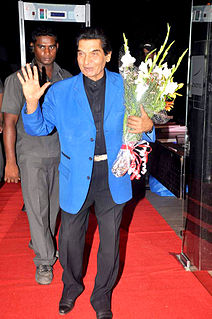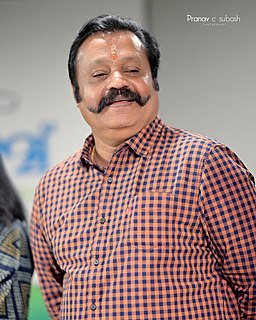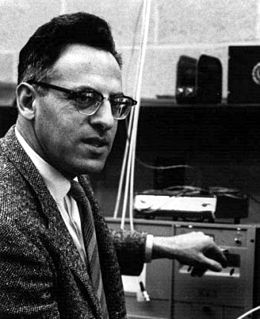A Quote by Shabana Azmi
When I entered the industry in the early 1970s, I was a gold medalist from the film institute, Pune. That was when graduates from the film institute were very quickly absorbed by the mainstream commercial industry.
Quote Topics
Related Quotes
When '36 Chowringhee Lane' was released in 1981, I was a student of the Film and Television Institute of Tamil Nadu. Everyone who had seen the film was very impressed with its flawless direction and acting. But we, cinematography students, were stunned by the visual style, which was truly international.
In my opinion, having worked in the games industry and still keeping in touch with a lot of those guys, there was definitely a time when they saw themselves as the little brother of the film industry. But they kind of went off in a different direction and now see themselves, I think, as being far more interesting and ahead of the film industry. They haven't just caught up. They've gone off in a different direction and exceeded the film industry.



































